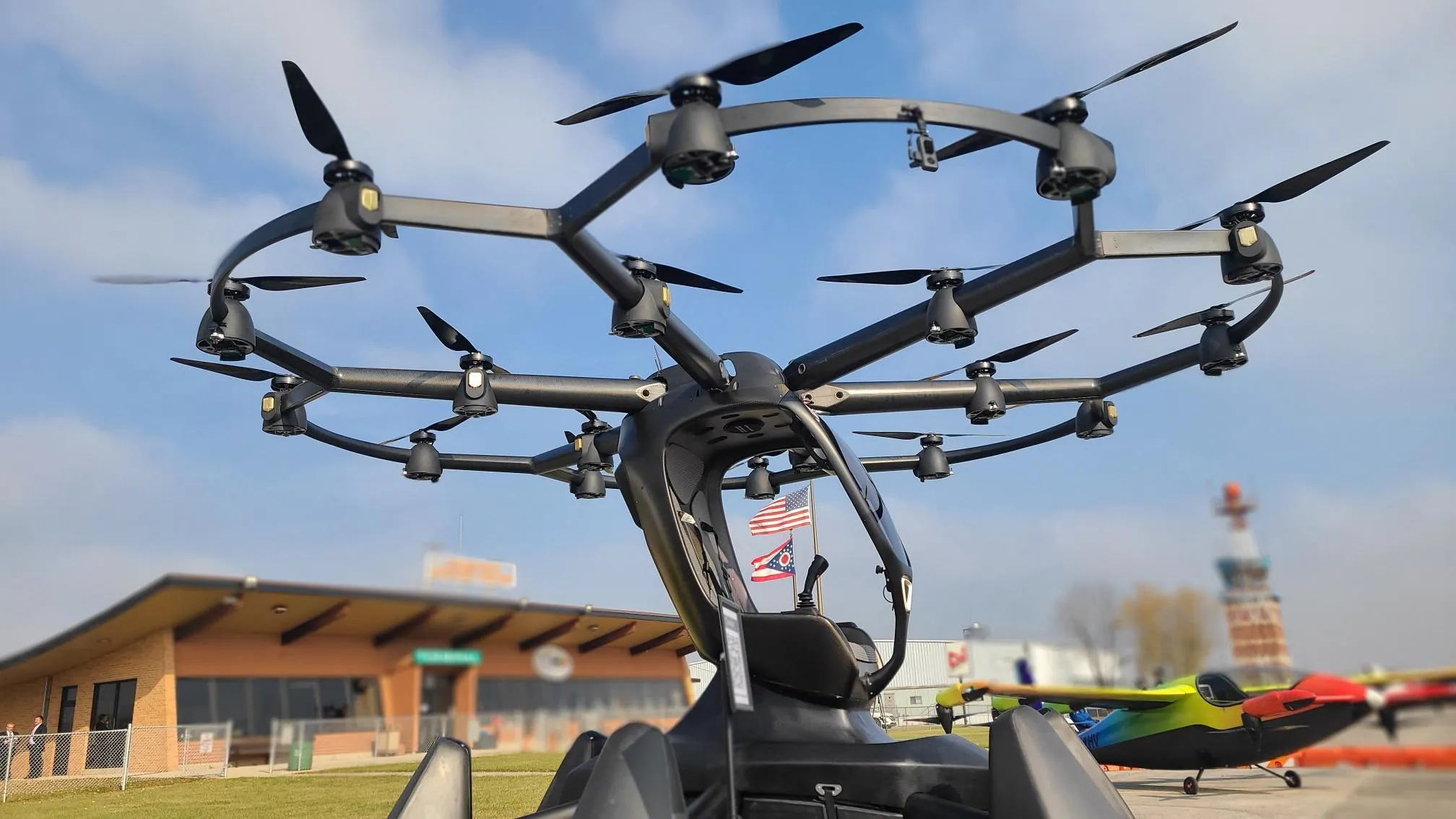Columbus, Ohio has been selected as the winner of the US Department of Transportation's (US DOT) Smart City Challenge. As winner of the Challenge, Columbus will receive up to US$40 million from US DOT and up to US$10 million from Vulcan to supplement the US$90 million that the city has already raised from other private partners to carry out its plan.
The Smart City Challenge generated a significant amount of excitement and interest amongst cities. US DOT received seventy-eight applications in total – on
June 24, 2016
Read time: 2 mins
Columbus, Ohio has been selected as the winner of the 324 US Department of Transportation's (US DOT) Smart City Challenge. As winner of the Challenge, Columbus will receive up to US$40 million from US DOT and up to US$10 million from Vulcan to supplement the US$90 million that the city has already raised from other private partners to carry out its plan.
The Smart City Challenge generated a significant amount of excitement and interest amongst cities. US DOT received seventy-eight applications in total – one from nearly every mid-sized city in America. The seven finalist cities – Austin, Columbus, Denver, Kansas City, Pittsburgh, Portland and San Francisco – were announced in March.
Columbus was selected as the winner because it put forward an impressive, holistic vision for how technology can help all of the city's residents to move more easily and to access opportunity. The city proposed to deploy three electric self-driving shuttles to link a new bus rapid transit centre to a retail district, connecting more residents to jobs. Columbus also plans to use data analytics to improve health care access in a neighbourhood that currently has an infant mortality rate four times that of the national average, allowing them to provide improved transportation options to those most in need of prenatal care.
Announcing the winner, US Transportation Secretary Anthony Foxx said that public-private partnerships were essential to the success of the Smart City Challenge. The Department announced partnerships with some of the most innovative folks in the private sector, including launch partner Vulcan, cloud partner Amazon Web Services,566 NXP Semiconductors, 4279 Mobileye, 2184 Autodesk, Alphabet's Sidewalk Labs, AT&T, DC Solar and Continental Automotive. In addition, these seven cities were able to leverage US DOT's US$40 million grant to raise approximately US$500 million more in funding – a vast majority of which comes from a diverse group of over 150 partners.
The Smart City Challenge generated a significant amount of excitement and interest amongst cities. US DOT received seventy-eight applications in total – one from nearly every mid-sized city in America. The seven finalist cities – Austin, Columbus, Denver, Kansas City, Pittsburgh, Portland and San Francisco – were announced in March.
Columbus was selected as the winner because it put forward an impressive, holistic vision for how technology can help all of the city's residents to move more easily and to access opportunity. The city proposed to deploy three electric self-driving shuttles to link a new bus rapid transit centre to a retail district, connecting more residents to jobs. Columbus also plans to use data analytics to improve health care access in a neighbourhood that currently has an infant mortality rate four times that of the national average, allowing them to provide improved transportation options to those most in need of prenatal care.
Announcing the winner, US Transportation Secretary Anthony Foxx said that public-private partnerships were essential to the success of the Smart City Challenge. The Department announced partnerships with some of the most innovative folks in the private sector, including launch partner Vulcan, cloud partner Amazon Web Services,









